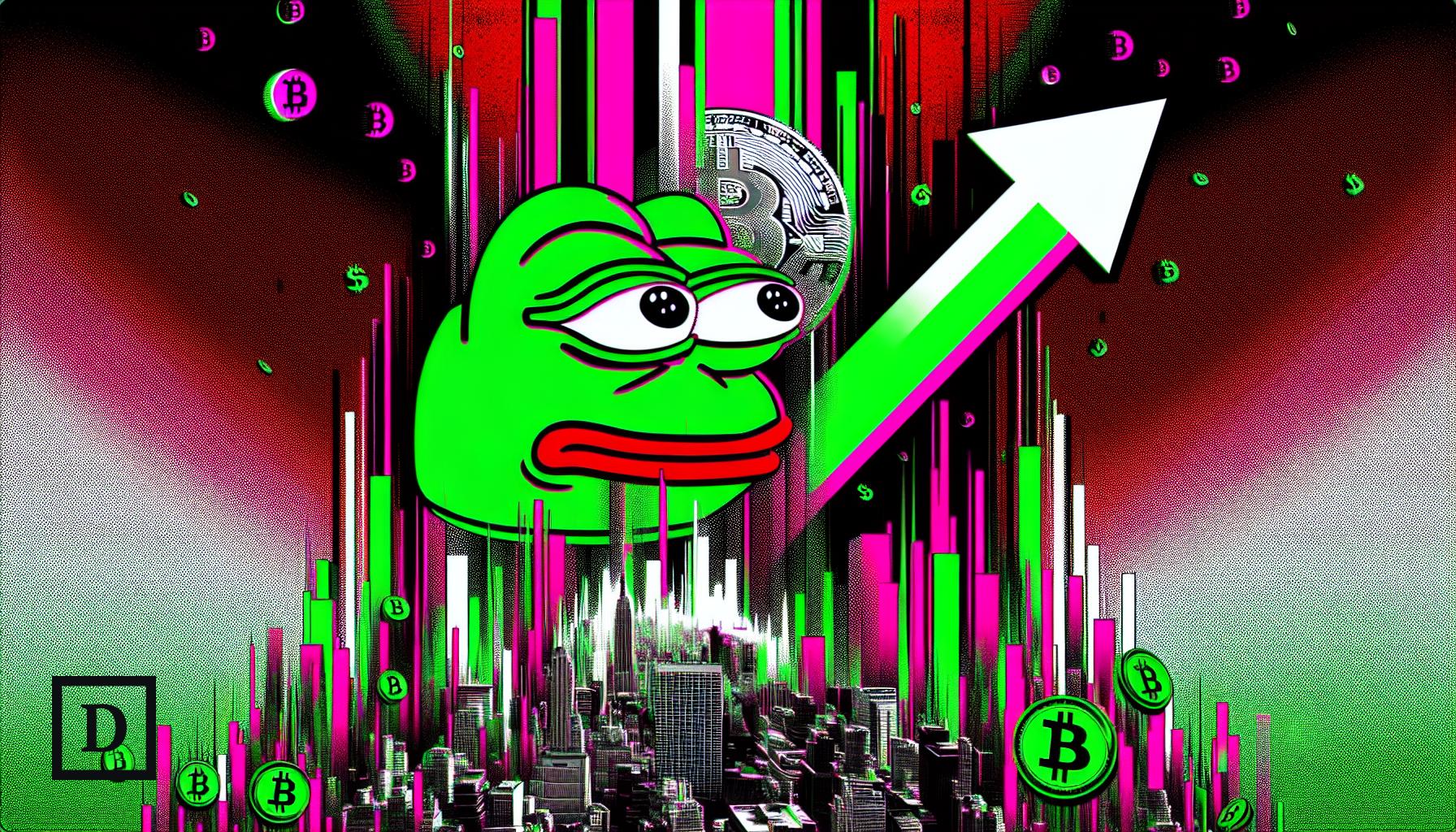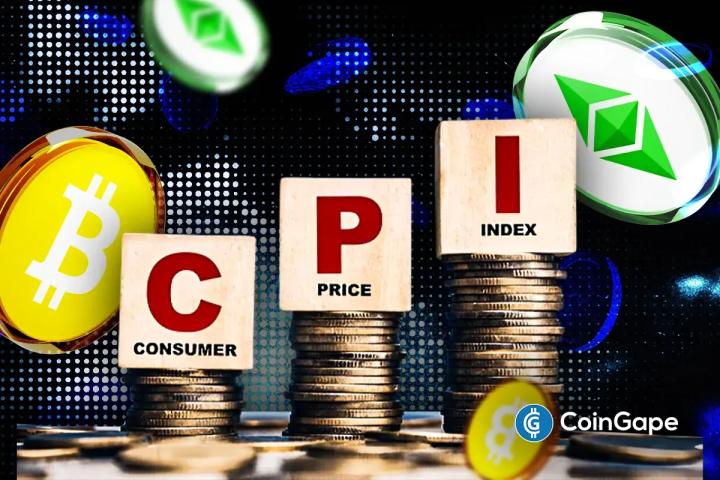Prediction market is emerging as a new and potential trend, asserting its Vai as a tool to measure event probability based on collective belief, where community knowledge and belief are transformed into real value. So how does Prediction market work? What are its limitations? Let's find out with Coin68 in the article below.
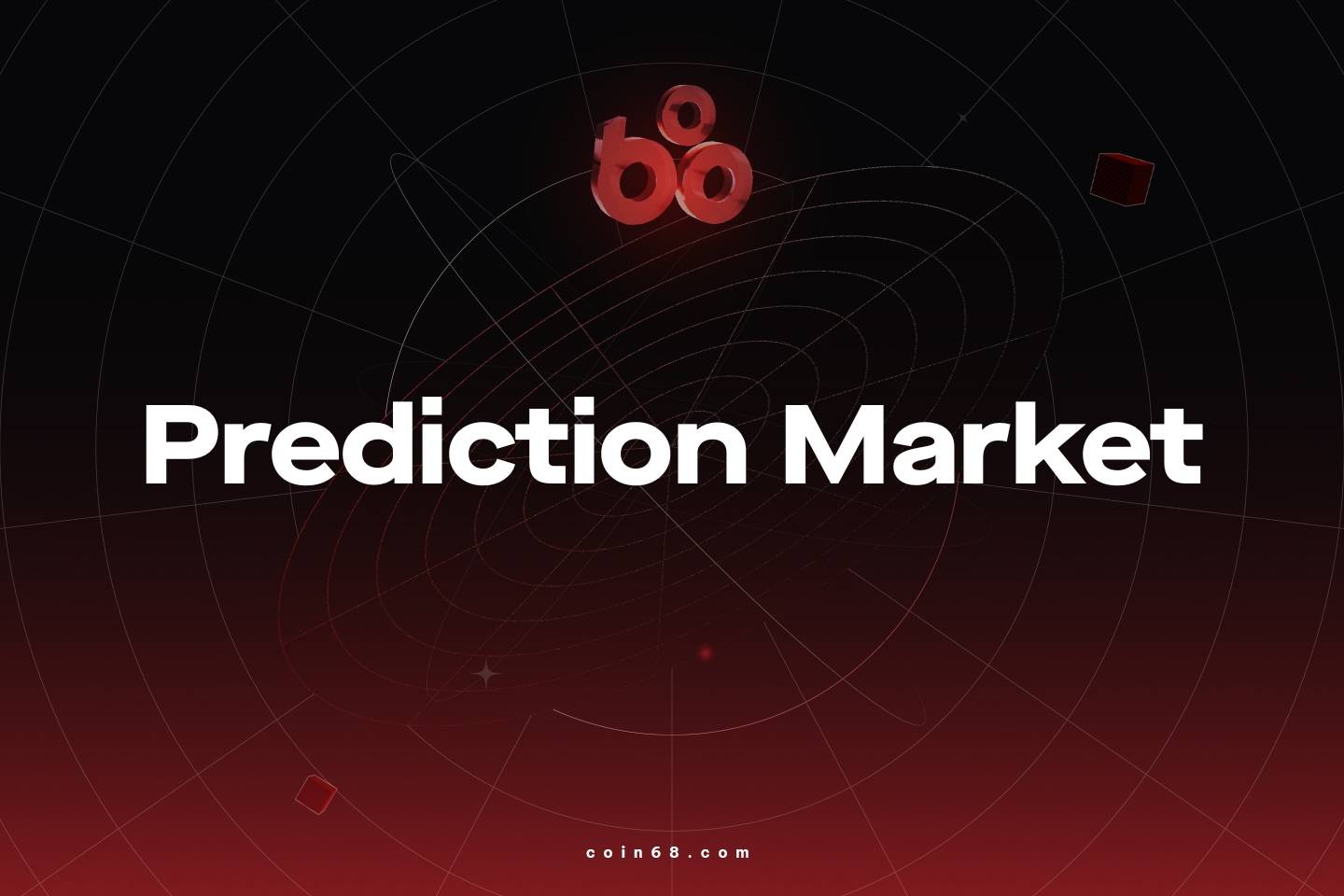 What is prediction market? Top 5 outstanding prediction market projects today
What is prediction market? Top 5 outstanding prediction market projects today
What is prediction market?
Prediction markets , also known as “prediction markets,” are platforms where people can bet on the outcome of future events, such as sports matches, political elections, or other entertainment events. By buying and selling outcome shares in the form of Yes and No , participants will collectively predict the likelihood of an event occurring and earn a profit if their predictions are correct or lose money if their predictions are incorrect.
 What is prediction market?
What is prediction market?
Prediction markets often produce more accurate results than traditional polls or expert opinions because they operate on the principle: “Where there is trust, there is profit.”
In this system, the participants' profits are directly dependent on the accuracy of their predictions. This is the financial incentive for them to provide honest information and deeper analysis, in order to maximize their profits.
As a result, prediction markets not only reflect the views of the majority, but also become real-time probability measurement tools for future events, where data and beliefs converge into real value.
How prediction market works
The prediction market works similarly to the stock market, but instead of stocks, participants buy and sell "prediction contracts" based on the probability of an event occurring.
Contracts are typically binary, consisting of two types of shares, Yes (event occurs) and No (event does not occur), where the sum of each Yes and No is always 1. The price of the share always fluctuates between 0 and 1 USD (or the equivalent in fiat money), reflecting the probability that the outcome may occur.
For example, if YES stock is trading at $0.65, the market assesses the probability of this outcome as 65%.
Participants will buy stocks to make a profit if they believe the actual probability is higher than the market price. Trading is continuous like on the stock exchange, with prices changing according to supply and demand based on new information such as news or public opinion polls.
All transactions and outcomes are transparent on the blockchain, and users can often buy/sell positions before the event ends. Additionally, some prediction platforms may bundle multiple predictions, allowing users to trade multiple outcomes within the same event.
When the event ends, the correct predictor will be paid $1 for each stock purchased while the wrong predictor will return $0. The profit will be calculated according to the formula
Profit = (Payment price - Purchase price) × Number of shares.
Example: Buy 100 "Yes" contracts at $0.50. If correct, you receive $100 (profit $50).
Difference from gambling
While in form, prediction and betting both involve placing a bet on the outcome of an event that has not yet occurred, they have important differences, especially in the context of crypto or blockchain:
- Purpose and mechanism of operation : Prediction markets allow people to bet on the outcome of events (such as BTC price, elections, sports), aggregating opinions to create a "price" that reflects community probability. This is collective forecasting based on information. In contrast, traditional betting (gambling) is a game of chance, depending more on luck than analysis.
- Transparency and Fairness : All transactions and results of prediction markets are clearly public, limiting the possibility of manipulation from third parties. Meanwhile, traditional betting is often manipulated by bookmakers, who can adjust odds or even interfere with results to ensure profits.
- Information value : While betting mainly serves the purpose of entertainment or personal profit, without creating useful information value for the community, prediction is XEM as a tool to synthesize and reflect beliefs from the community, thereby supporting the prediction of important events in real life.
- Motivation to Participate : Prediction market participants often rely on data analysis and factual information to make decisions, as profits depend on the accuracy of predictions. Gamblers, on the other hand, rely largely on luck, personal emotions, or simply for entertainment.
Limitations of current prediction market
Although it is growing strongly, the prediction market still faces many limitations such as:
Legal barriers : This is the biggest challenge of this market, mainly due to the fact that it is easily classified as “gambling” in many countries, leading to the risk of bans or strict regulations. Platforms often have to choose between decentralization or legal compliance, but cannot achieve both.
Limited Growth: Prediction markets are often strong in a few niches like politics, crypto, sports, etc. but lack traction in many other areas.
Data and Oracle Issues : The reliability of the oracle determines the quality of the prediction market. If the oracle is manipulated or delayed, the results can be controversial and distrustful.
Difficult to scale : If a prediction market expands into too many areas, the platform is likely to become diluted and lack liquidation. But if it focuses on only one niche, the community size will be limited.
Security and smart contract risks : Like other DeFi applications, prediction markets also face the risk of hacking, smart contract bugs, or system crashes.
Is prediction market legal?
In general, prediction markets, especially crypto and blockchain-based markets, do not have a common global legal regulation and their legality depends heavily on local laws.
Some platforms like Kalshi have received approval from the Commodity Futures Trading Commission (CFTC), but are limited to certain types of financial and sports-themed events. Additionally, the country still XEM prediction markets to be gambling, making them banned or heavily regulated.
Decentralized prediction markets (like Polymarket) often operate in legal gray areas or outside the purview of regulators, putting users at risk of violating local laws. Many platforms block access from restricted regions, but this is not always effective.
Prominent prediction market projects in the crypto market
Kalshi
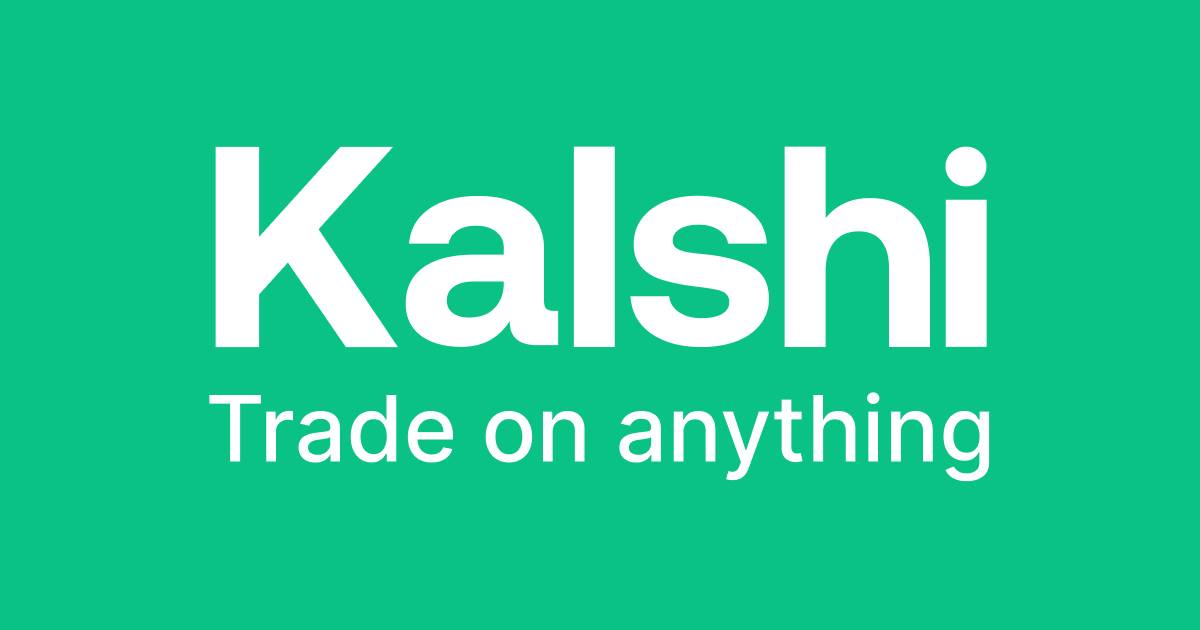 Kalshi
Kalshi
As the first prediction market licensed by the CFTC to operate in the US and XEM a giant in the prediction market with a volume of up to billions of USD. Although only operating in the US, Kalshi has recorded more than 1 billion USD in volume in the first half of September 2025, accounting for more than 60% of the market share of the prediction market in 2025 and is one of the fastest growing companies in the US with a valuation of up to 2 billion USD in the most recent round of Capital .
Polymarket
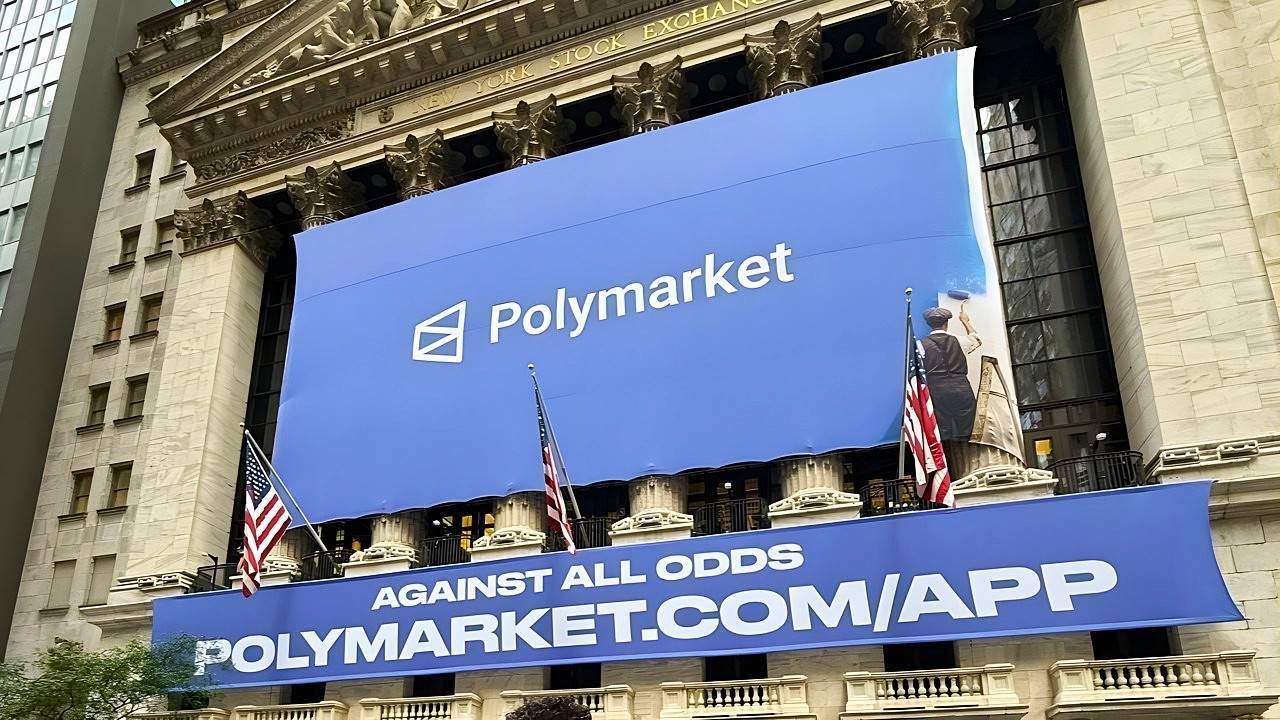 Polymarket
Polymarket
XEM the world's largest prediction platform at the moment. In 2025, Polymarket continued to make important strides in both legal and growth issues when it was given the green light by the CFTC to operate legally in the United States, and also made a big splash when ICE Capital 2 billion USD, raising its valuation to 9 billion USD.
Myriad
 Myriad
Myriad
Myriad is a decentralized layer-2 prediction market Abstract , which bills itself as a “next-generation media engine” with the ability to turn everyday content like articles, social media posts, and news headlines into potential prediction opportunities.
Opinion
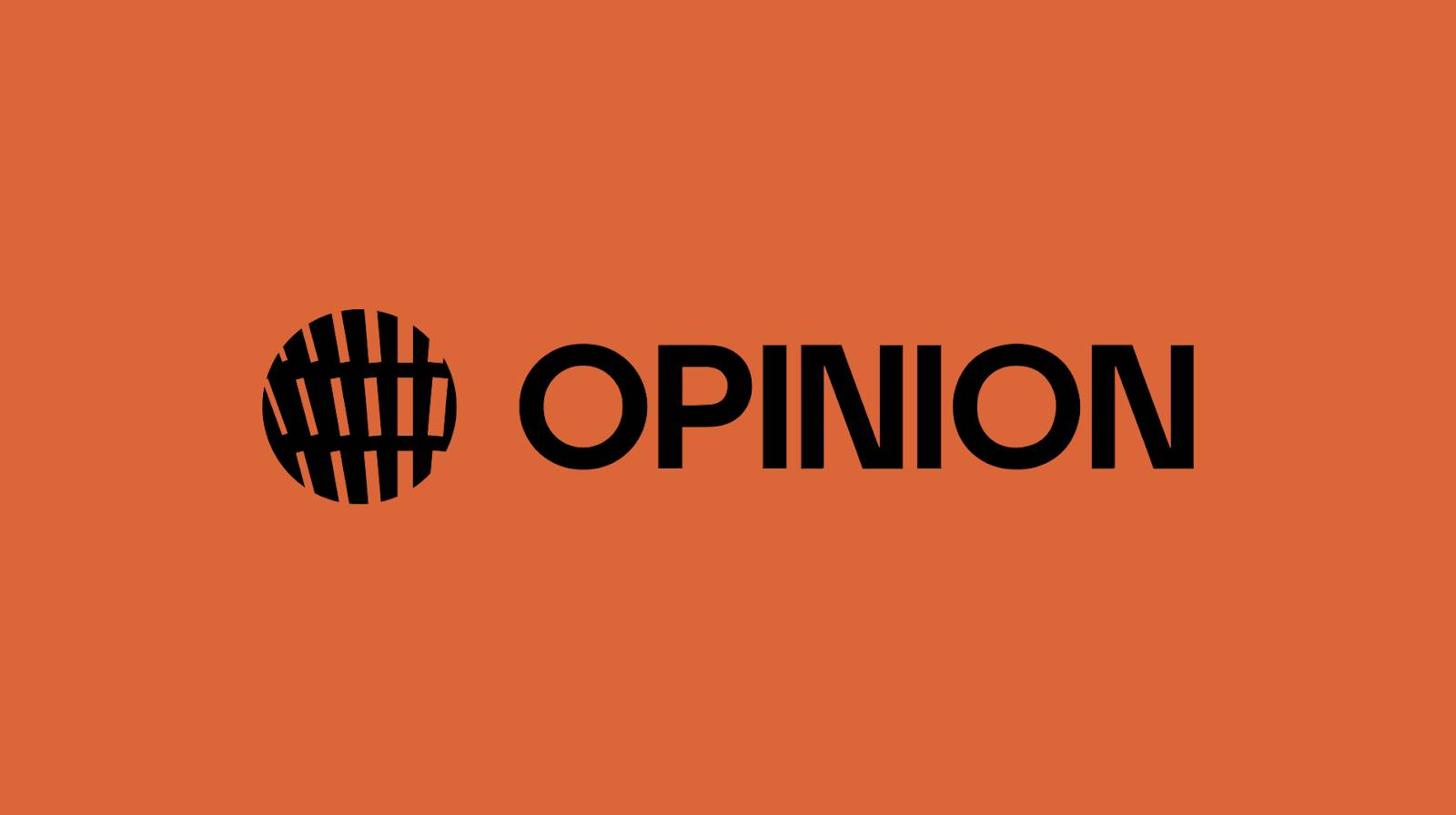 Opinion
Opinion
Opinion is a decentralized prediction market on BNB Chain invested by YZi Labs , where people can create and trade ideas, predictions or analysis on many events in life such as finance, economy, society, etc. The platform uses the Central Limit Order Book (CLOB) mechanism to help trade more professionally, reduce slippage and better control large orders.
Limitless
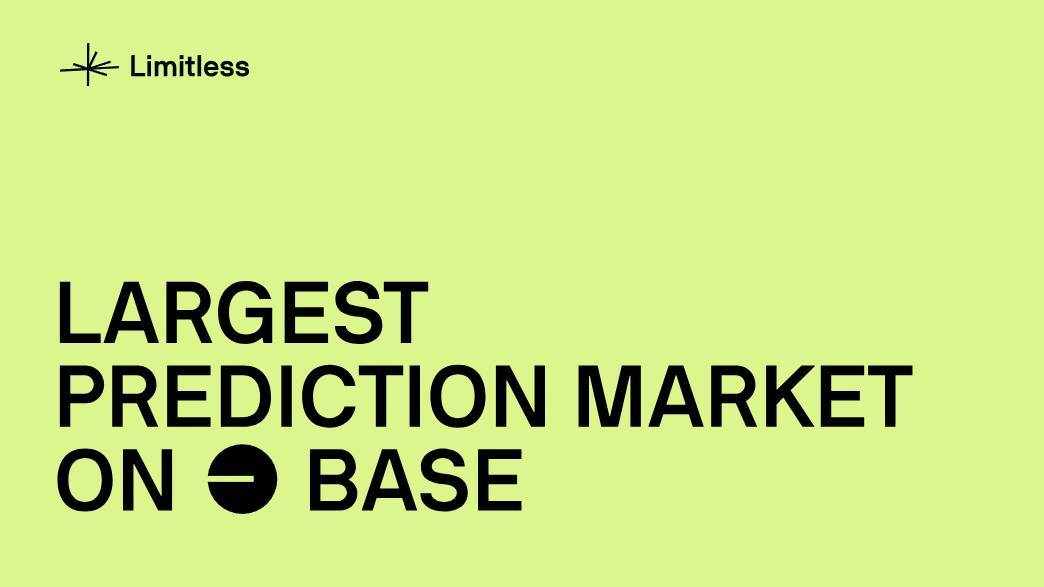 Limitless
Limitless
Limitless is the largest prediction market platform on the Base ecosystem, featuring stock split & merge features, allowing users to flexibly switch between “Yes” and “No” to take advantage of price differences, optimize Capital and limit liquidation Shard .
Summary
Above is a summary article about the prediction market, a field that is receiving attention and developing strongly in 2025. Coin68 hopes that readers will have an overview of this new type of market.
Note: The information in this article is for informational purposes only and should not be XEM investment advice. Coin68 is not responsible for any of your investment decisions.




